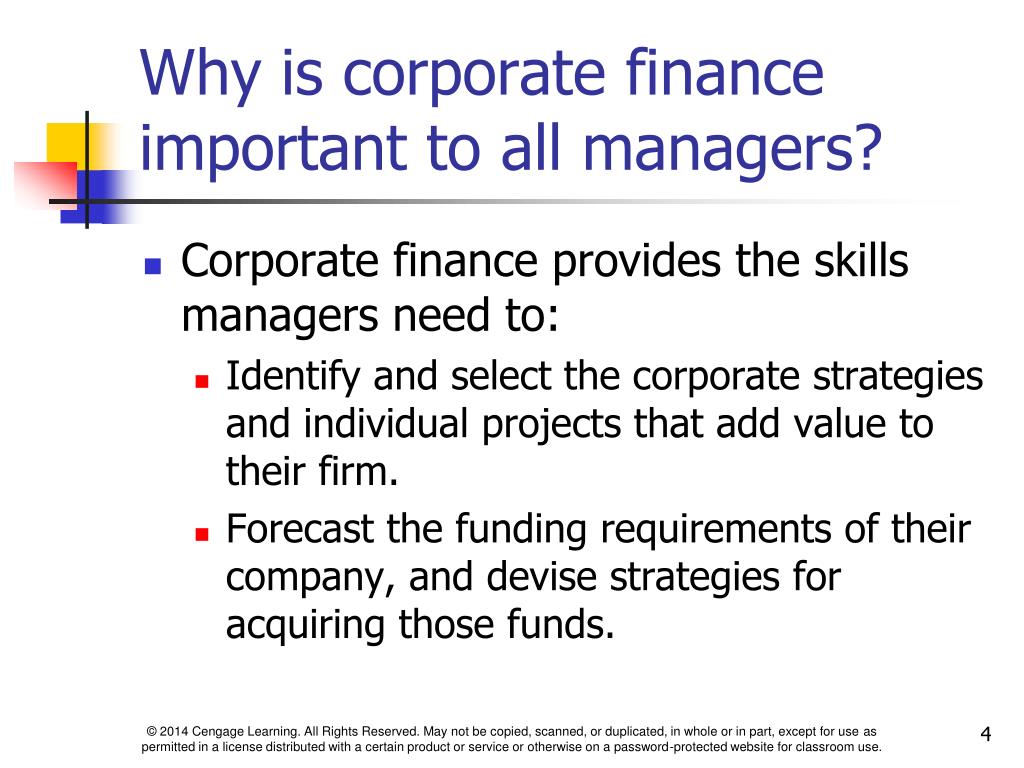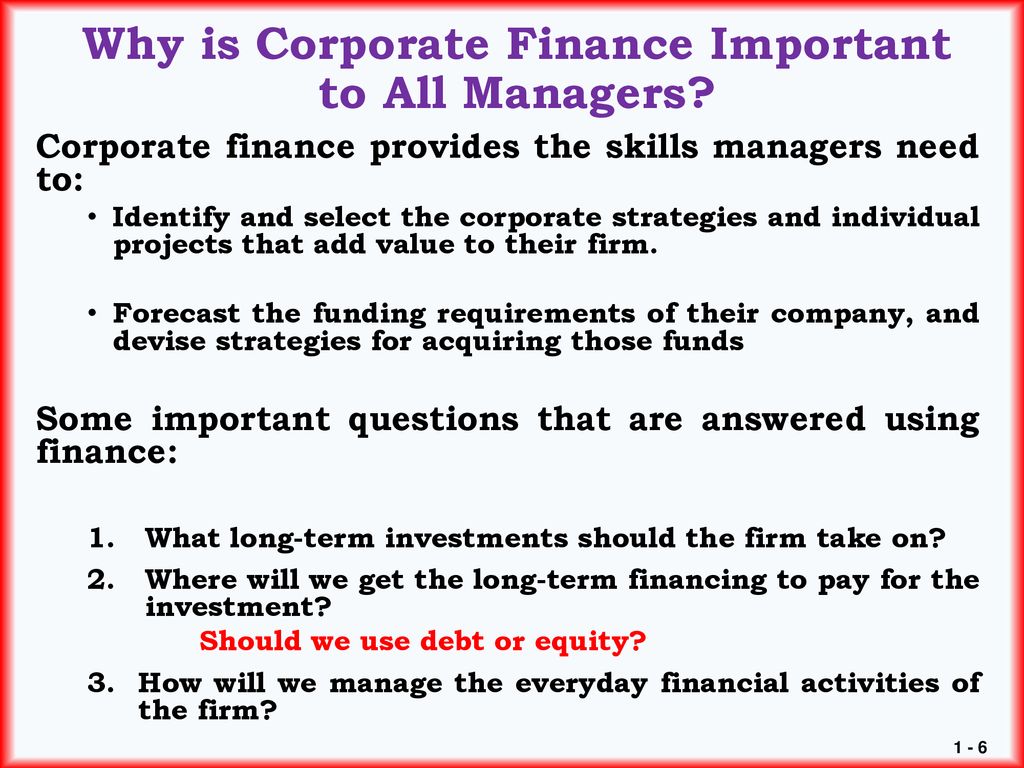Table of ContentsSome Known Facts About Finance Quizlet When Bond Rates Rise.The Best Strategy To Use For How Interest Rate On A Bond Determined Project FinanceFascination About How To Create Bond Portfolio Yahoo FinanceRumored Buzz on What Is New Mexico Activities Or Expenditures Do The Bond Issues FinanceThe Facts About What Is The Term Of A Bond In Finance Revealed
When SUGGESTIONS do fully grown, financiers get either the adjusted principal or the initial principal, whichever is greater. TIPS are offered with five, 10, and 20-year terms. are most likely a few of the most dull presents out there, however it can't hurt to understand how they work. You can redeem your cost savings bonds after a year of holding them, as much as 30 years.

Treasury: earn a fixed-rate of interest (currently 3.4%) and can be redeemed after a year (though you lose 3 months interest if you hold them less than five cancel sirius years), but can be held for up to 30 years. When you redeem the bond, you'll gather the interest accumulated plus the quantity you paid for the bond.
If they're bought online, they're purchased at stated value, however can be purchased for any quantity starting at $25. resemble EE savings bonds, other than that they're indexed for inflation every six months. These are always sold at stated value, regardless of whether you buy paper bond certificates or you buy them electronically.
They're released by government-sponsored enterprises. Since these companies are chartered and regulated in part by the federal government, the bonds they provide are viewed to be safer than business bonds. They are not, nevertheless, backed by the "complete faith and credit" of the U.S. federal government like Treasurys, which would make them virtually safe.
Municipals aren't based on federal taxes, and if you live where the bonds are issued, they might likewise be exempt from state taxes. Some municipal bonds are more credit-worthy than others, though some munis are guaranteed. If the company defaults, the insurance coverage company will have to cover the tab. are bonds released by business.
The smart Trick of What Is Bond Indenture In Finance That Nobody is Talking About
is another word for the rate of interest paid by a bond. For example, a $1,000 bond with a 6% coupon will pay $60 a year. The word coupon is utilized due to the fact that some bonds actually had a paper discount coupon connected to them, which could be redeemed for the payment. is likewise understood as the face worth of a bond, this is the quantity a shareholder gets when the bond matures.
is a step of a bond cost's level of sensitivity to a modification in rates of interest, measured in years. Bonds with longer durations are more conscious rates of interest changes. If you remain in a bond with a period of ten years and rates rise 1%, you'll see a 10% decline in the bond's cost.
Bonds are issued by federal, state, and local federal governments; agencies of the U.S. federal government; and corporations. There are three basic kinds of bonds: U.S. Treasury, local, and corporate. Bonds, bills, and notes provided by the U.S. government are generally called "Treasuries" and are the highest-quality securities readily available. They are issued by the U.S.

All treasury securities are liquid and traded on the secondary market. They are differentiated by their maturity dates, which range from thirty days to thirty years. One significant advantage of Treasuries is that the interest made is exempt from state and local taxes. Treasuries are backed by the full faith and credit of the U.S.
Treasury expenses (T-bills) are short-term securities that grow in less than one year. They are cost a discount from their face worth and thus don't pay interest prior to maturity. Treasury notes (T-notes) make a fixed interest rate every 6 months and have maturities varying from 1 to ten years.
Facts About Which Of These Is An Element Of A Bond Personal Finance Revealed
federal government bond market and is likewise utilized as a criteria by the mortgage market. Treasury bonds (T-bonds) have maturities varying from 10 to 30 years. Like T-notes, they also have a voucher payment every 6 months. Treasury Inflation-Protected Securities (SUGGESTIONS) are inflation-indexed bonds. The principal worth of TIPS is changed by modifications in the Consumer Rate Index - what is the term of a bond in finance.
In addition to these Treasury securities, certain federal agencies likewise issue bonds. The Government National Home Mortgage Association (Ginnie Mae), the Federal National Mortgage Association (Fannie Mae), and the Federal Mortgage Home Mortgage Corp. (Freddie Mac) problem bonds for specific functions, primarily associated to funding home purchases - what does everything in the price of a bond formula stand for in finance. These bonds are also backed by the complete faith and credit of the U.S.
Municipal bonds (" munis") are provided by state and local governments to fund the construction of schools, highways, real estate, drain systems, and other important public tasks. These bonds tend to be exempt from federal income tax and, in many cases, from state and regional taxes for financiers who live in the jurisdiction where the bond is issued.
Note that, in some states, financiers will need to pay state earnings tax if they buy shares of a local bond fund that invests in bonds released by states aside from the one in which they pay taxes. In addition, although some community bonds in the fund may not undergo normal income tax, they might undergo federal, state, and regional alternative minimum tax, if a financier sells a tax-exempt bond fund at a profit, there are capital gains taxes to consider.
General responsibility bonds are secured by the complete faith and credit of the issuer and supported by the issuer's taxing power. Revenue bonds are repaid utilizing revenue produced by the individual task the bond was issued to http://messiahncpn279.timeforchangecounselling.com/the-smart-trick-of-what-is-a-bond-finance-quizlet-that-nobody-is-talking-about fund. Corporations might release bonds to fund a big capital financial investment or a company growth.
The Best Strategy To Use For Why Invest In A Bond Yahoo Finance
The worth and threat associated with corporate bonds depend in big part on the monetary outlook and credibility of the business providing the bond. Bonds released by business with low credit quality are high-yield bonds, likewise called junk bonds. Investments in high-yield bonds provide different rewards and risks than buying investment-grade securities, consisting of greater volatility, greater credit danger, and the more speculative nature of the provider.
This kind of bond (likewise called an "accrual bond") does not make voucher payments however is released at a steep discount. The bond is redeemed for its full worth upon maturity. Zero-coupon bonds tend to vary in price more than coupon bonds. They can be released by the U.S. Treasury, corporations, and state and city government entities and generally have long maturity dates.
As interest rates rise, bond rates typically fall. The return and principal value of bonds vary with changes in market conditions. If not held to maturity, bonds may deserve more or less than their initial cost. Mutual fund undergo the same inflation, rate of interest, and credit threats related to their hidden bonds.
Shared funds are offered by prospectus. Please think about the investment goals, dangers, charges, and expenditures thoroughly prior to investing. The prospectus, which contains this and other information about the investment firm, can be obtained from your monetary specialist. Make sure to check out the prospectus thoroughly before deciding whether to invest. The information in this newsletter is not meant as tax, legal, financial investment, or retirement suggestions or suggestions, and it may not be depended on for the purpose of avoiding any federal tax charges.
The content is obtained from sources thought to be precise. Neither the info presented nor any viewpoint expressed constitutes a solicitation for the purchase or sale of any security. This product was composed and prepared by Broadridge Advisor Solutions. 2020 Broadridge Financier Interaction Solutions, Inc.
The 4-Minute Rule for What Does Bond Mean In Finance
A bond is a contract between 2 celebrations. Companies or governments problem bonds since they require to borrow large quantities of cash. They release bonds and investors purchase them (thus giving individuals who issued the bond cash). Bonds have a maturity date. This suggests that at some point, the bond issuer has to repay the cash to the investors.
Bonds are generally traded through brokers and become part of a financial instrument group called Fixed Income. Banks and banks offer loans on various terms against the security of assets. Bond certificate for the state of South Carolina issued in 1873 under the state's Consolidation Act. Railway responsibility of the Moscow-Kiev-Voronezh railway company, printed in Russian, Dutch and German.
Editor's Note: You can discover our complete library of free investing articles here. If you have ever talked with a financial consultant or read a general investing short article, you understand that many consultants think you must put part of your cash into bonds. But why?Financial consultants like bonds because they are conservative, trusted financial investments that provide stability to any portfolio.